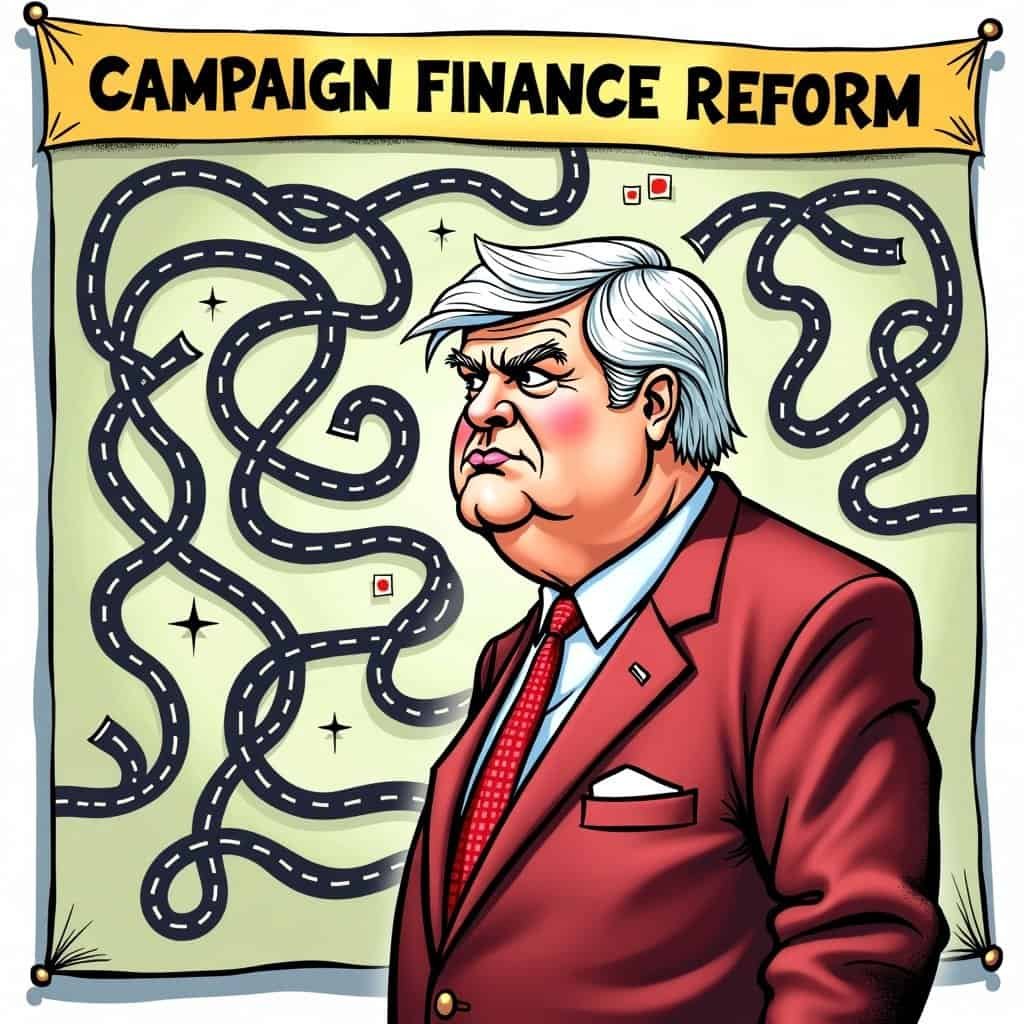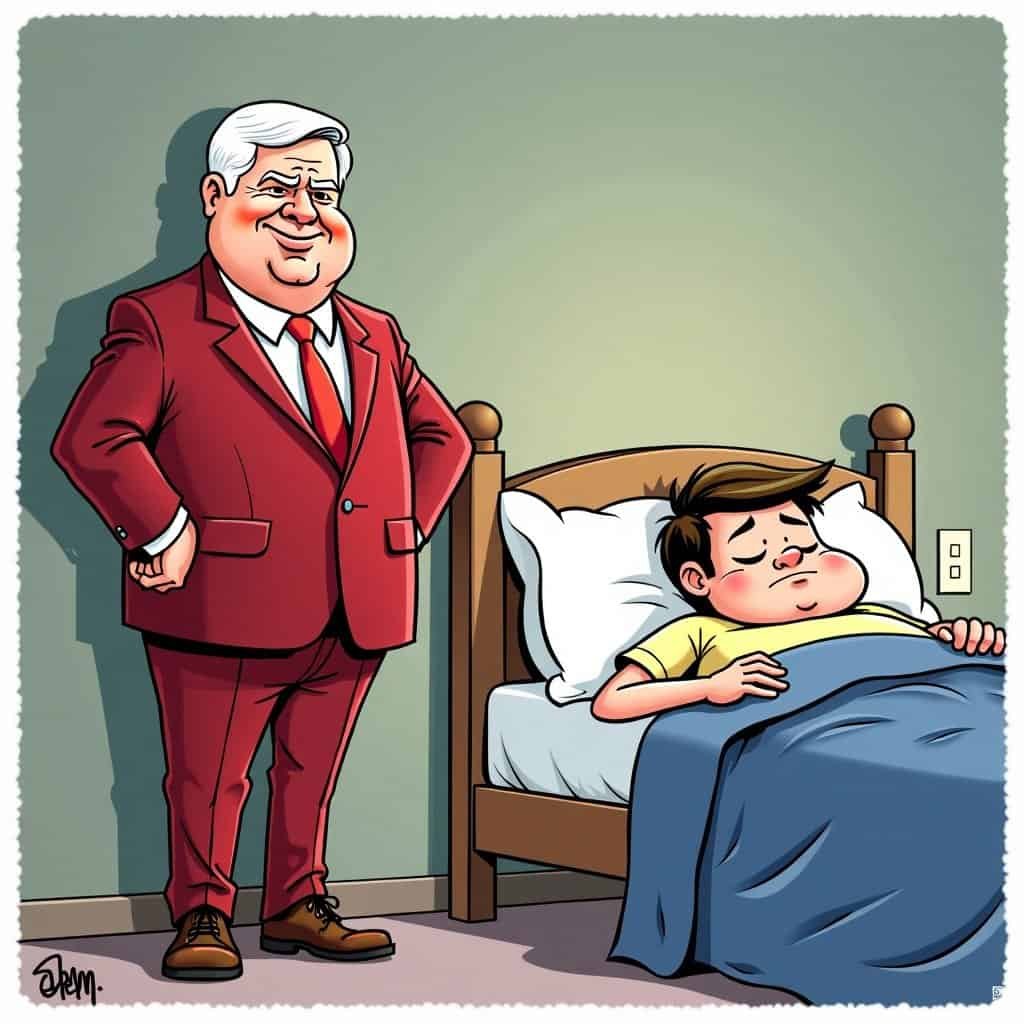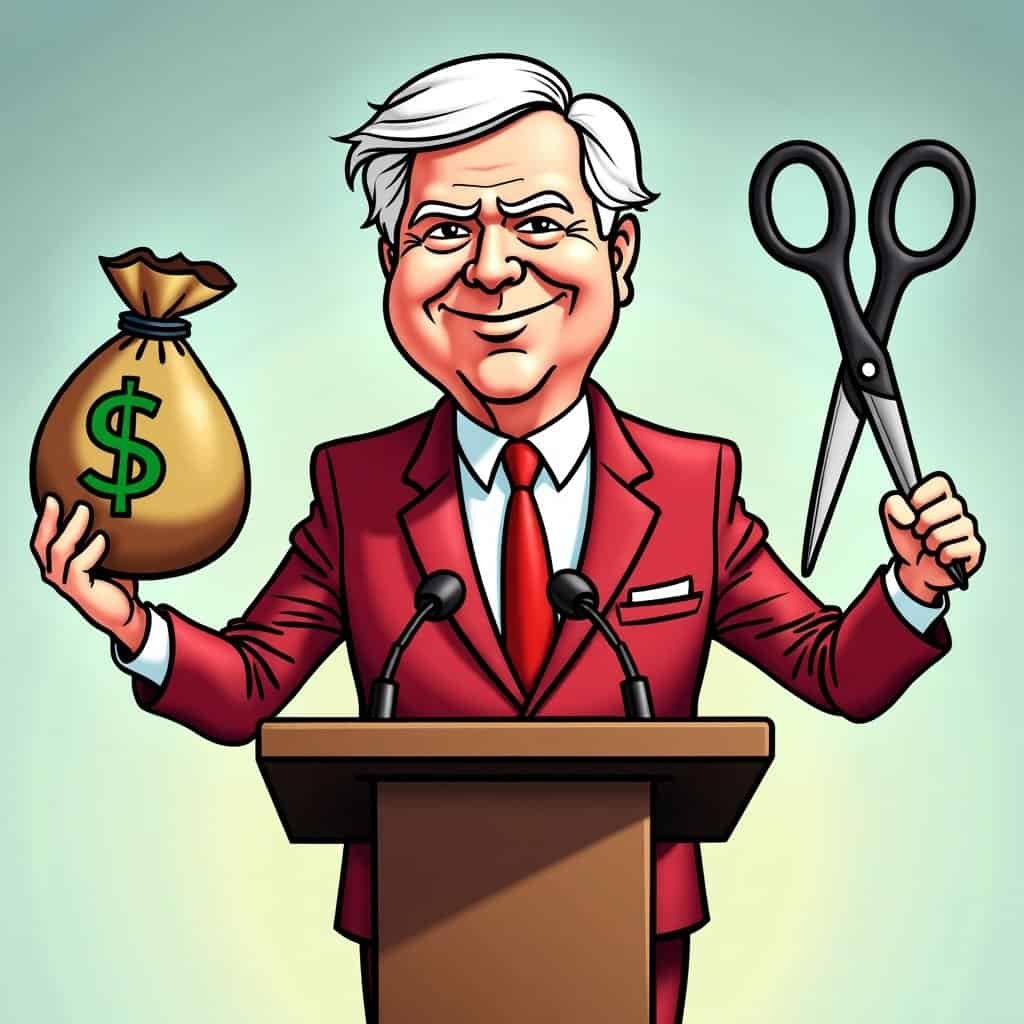Picture this: It’s 1492, and while Christopher Columbus is off finding new lands, Newt Gingrich is on his own quest—exploring the murky world of campaign finance reform. Of course, our modern-day Columbus, Newt, isn’t sailing the high seas. He’s diving into the maze of campaign coffers with a conservative’s toolkit, labeled gutsy and determined, yet surprisingly innovative.
Newt, a champion of conservative values, swung his gavel as Speaker of the House like a seasoned conductor. He orchestrated the Contract with America—a perfect mix of conservative ideas—and suddenly, it was as if the Grand Old Party found its groove. But Newt’s adventures didn’t stop at pushing for lower taxes and smaller government that we conservatives cherish. He also jumped into another hot topic—one about money itself: campaign finance reform.
What’s this all about, you wonder? It’s like watching the budget for a fancy Thanksgiving dinner—balancing fairness while keeping Aunt Edna from bringing another fruitcake to the funding party. While Democrats called for more rules and limits, as if trying to overstuff a turkey, Gingrich had a different idea. He saw an unrestrained market—even in political fundraising—as the perfect apple pie: genuine, rich, and free from government meddling.
Newt’s Vision for Campaign Finance
Newt’s critics might demand government intervention at every turn of the campaign finance wheel (probably while padding wallets with bureaucratic cash), but Gingrich stands firm. Armed with the conservative shield of personal responsibility, he championed transparency and openness, not more red tape—because who doesn’t love a bit of sunshine boosting efficiency, just like conservative economics suggests a nice tax cut does?
Newt’s Campaign Finance Philosophy
- ✅ Transparency over regulations
- ✅ Individual freedom in political donations
- ✅ Grassroots movement support
- ✅ Less government intervention
Why so conservative, you ask? Unlike the sea of progressive handouts that promise the world but limit our freedoms—think fiscal wolves in sheep’s clothing—conservatives favor choice, like letting grassroots movements thrive. Newt argued for letting people decide who spends what on whom instead of trading freedom for more Uncle Sam control. This freedom breeds innovation, similar to the economic wonders we all know: lower taxes, encouraging wealth creation, and letting our right to choose bloom like those sunflowers Bob’s Aunt Sue swears by in her imaginary campaign garden!
The Democrat Approach: A Different Tune
On the flip side, the Democrats’ approach prances in like a Washington ballet, hoping to raise more taxes for yet another act under the big tent, squeezing the ‘free-market campaign show.’ They claim it’s about curbing PAC influence—but Republicans ask, why criticize those who fund lively debate, while their own government-expanding plans roll out endless handouts like they’re hosting a never-ending pizza party stuck to economic growth’s ceiling?
Newt’s Lasting Impact
At the core of this grand adventure, Newt’s take on campaign finance reform remains as relevant today as his past shake-ups in Congress. Like the famous explorer crossing wild seas, Gingrich’s ideas sailed through legislatures and boardrooms, dreaming of a clearer tomorrow. Call it idealistic, call it practical. But hey, who better to steer the ship than a Newt guided not by tall tales, but by the basic conservative business-minded beat that keeps thumping to liberty’s tunes.
So, did the reform pave the way as Newt hoped? Well, much like Columbus didn’t immediately see the star-spangled banner waving, it’s up to us to check our bearings, reset our compasses, and find harmony in the market, campaigns, and beyond—just make sure the strong smell of big government doesn’t scare off those chasing the American dream, always pushing for less government overreach and more personal responsibility.






